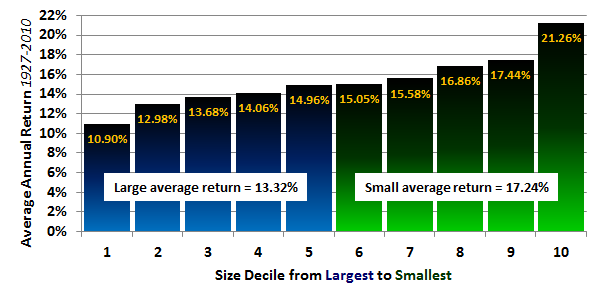SPACs (special purpose acquisition company) or "blank check" companies are hot right now. More than $30B have been raised this year through 75 SPACs. Everyone seems to be getting involved, the expected (Bill Ackman, Chamath Palihapitya), the unexpected (Paul Ryan, Billy Beane) and in-between (Gary Cohn). Companies from Virgin Galactic to DraftKings have merged with a SPAC (Airbnb's rebuff of Ackman's Tontine was a notable exception).
SPACs have been used to raise money since the 1980s but, until recently, were used mainly by distressed companies that couldn't access the pubic markets. No more. These days they are becoming a viable alternative to the traditional IPO. In a nutshell, SPACs raise capital in an IPO with the goal of using of the money to acquire an unspecified company within a set period of time. The target company becomes public through the merger. (E.g., Ackman's Tontine raised $4B recently, presumably to acquire a mature unicorn, like Airbnb).
Knowledgeable people, like Benchmark's Gurley, believe SPACs could be an appealing third option for founders & early investors (like Gurley) seeking an exit. (A direct listing, like Spotify's or Slack's, being option #2). But why? Unlike an IPO, SPACs (and direct listings) don't raise needed capital for the company, it only provides liquidity to existing shareholders. That's why!
Founders and VCs have complained that IPOs are usually under priced leaving billions on the table and disproportionately benefiting the Wall St firms running the process. SPACs and direct listing minimizes the middleman and gives companies better control of the process. Better to negotiate directly with an Ackman or Palihapitya than go on endless roadshows with fee-sucking bankers, right?
IDK. IPOs tend to be under priced because institutional investors demand a discount for taking the risk of buying shares that may tank once it starts to trade. The discount (or money on the table from founders' and VCs' perspectives) is the buffer that gets the IPO done. Companies raise money and founders get to cash out in six months.
Not sure how you get around the discount in a SPAC. Investors put $4B with Ackman presumably because they believed he could get them a good deal. So Tontine will be expecting the same discount, if not more. Instead of dealing with many investors of different levels of expertise and knowledge, the target company will be dealing with one experienced activist investor; sure he can add value to the company, but that is not going to be free.
So, as long as it does not end up in a Robinhood-like situation and you have thousands of SPACs being raised, I don't think companies are going get piles of more money out it. The IPO will still offer the best exit premium.













